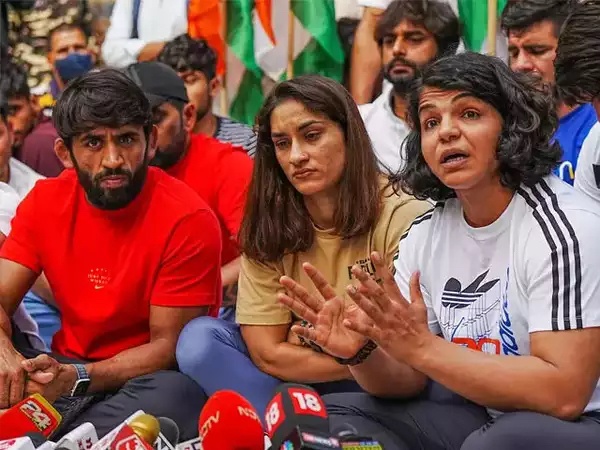Wrestler's Movement Unveils The Need For Effective Redressal Mechanisms
The ongoing Wrestlers’ movement against sexual harassment, the increasing instances of harassment at universities and colleges across the country, and a wave of sexual harassment accounts – from over a decade-long period – shared by women working in the wildlife conservation space, all point to the lack of functional and effective redressal mechanisms for survivors of gender-based harassment and violence.
The Sexual Harassment of Women at Workplace (Prevention, Prohibition and Redressal) Act, 2013, mandates the formation of committees, namely Internal Committees (ICs) in the formal sector and Local Committees (LCs) in the informal sector, responsible for the redressal of sexual harassment at workplace. The law also details how these committees should be constituted to ensure proper representation as well as objectivity and an unbiased investigation.
However, many organisations, including most sporting federations, in the country do not have a PoSH-compliant internal committee. In the case of the Wrestling Federation of India, the committee violated the law on multiple counts. For instance, the presiding officer of WFI’s committee was V.N. Prasood, in contravention of the act. While the law states that a minimum of half of the members of the committee should be women, WFI’s committee only had one woman member. Further, the committee did not consist of any external or independent member.
The absence of an IC at WFI has compounded the obstacles standing in the way of the aggrieved women wrestlers and justice. These wrestlers have had to come out on the streets to demand the justice they rightfully deserve at the cost of their professional growth.
Similarly, for women workers in the informal sector, access to redressal in case of harassment is limited by a lack of functional LCs. In 2018, out of 655 districts in the country, only 29% districts responded to an RTI query stating that they had formed LCs, according to a report by Martha Farrell Foundation. Further, 15% districts responded stating that they had not formed the LC and 56% of the districts chose not to respond to the RTI query, per the MFF report.Out of the 29% districts that had formed LCs, only 16% had a female Chairperson.
The apex court of India has repeatedly emphasised that instances of sexual harassment and violence at the workplace are a violation of a woman’s fundamental rights, including the right to equality, right to dignity and the right to practice any profession. The lack of compliant redressal mechanisms, thus, must be seen as endangering the realisation of these rights.
At Jhatkaa.org, we have consistently strived to ensure the effective implementation of PoSH and will continue expanding the scope of our work in the coming days. To know more about our work and campaigns, you can visit our website.



